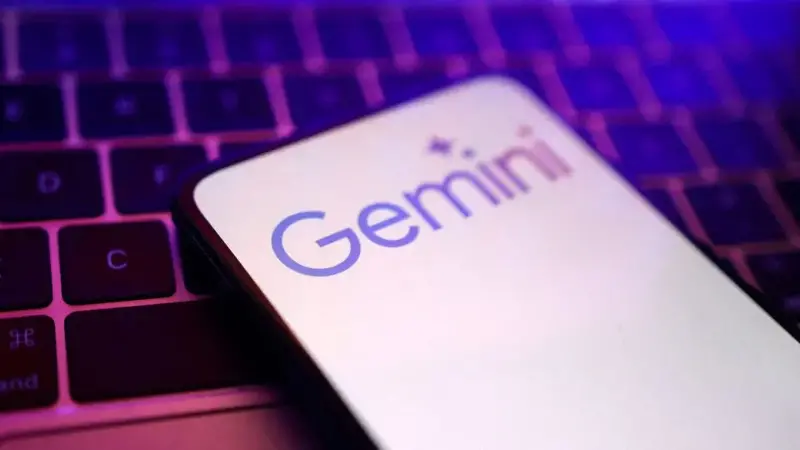
New Delhi: Google on Tuesday unveiled Gemini-3, its newest foundational artificial intelligence (AI) model, with a key assurance for India: all data generated by users of its advanced platform will stay within the country’s borders.
While Google did not confirm if the Gemini-3 model and its associated data will be localized immediately, responding to Mint's queries, a company spokesperson pointed to an 11 November statement from Saurabh Tiwary, vice-president and general manager of cloud AI at Google, who had said, “We’re opening early testing for our latest and most advanced Gemini models to Indian customers. We’re also committing to launching the most powerful Gemini models in India with full data residency support.”
Google’s commitment to store data within India comes at a time when data belonging to users of ChatGPT, run by OpenAI, has been partly localized in India, starting with business customers, since 7 May. On 5 February, Mint had reported that the company was in talks with data centres for the same.
Regulatory pressure driving localization
Google is undertaking local storage of AI usage data and their respective models in order to comply with India's regulations. Analysts said this would be key for enterprises too.
“The public sector will be a big adopter of AI applications in the long term, so it will be very important for Google to localize their AI models for businesses to adopt their services in the long run,” said Kashyap Kompella, veteran AI analyst and founder of RPA2AI Research.
Sectoral regulators, such as the Reserve Bank of India, have also been increasing pressure on Big Tech to localize sensitive information within Indian shores.
On Gemini-3, Koray Kavukcuoglu, chief AI architect at Google, said the model offered improvements to contextual understanding of queries across text, image, audio and video inputs. The model was rolled out for instant availability across search, the Gemini app, AI Studio for developers, and Vertex AI, the company’s platform for businesses to build their own AI agents.
Google also launched Antigravity, a coding assistant with built-in AI agents for specific sectors, which the company said will automate the ability for businesses to build their own applications.
Responding to Mint's queries, a spokesperson said Google is already seeing business from enterprises for its Gemini AI platform, with the likes of Tata Consultancy Services and Reliance Industries as early clients. The company is also working for sector-specific AI adoption with the likes of Apollo Hospitals in healthcare, MakeMyTrip in travel, Myntra in e-commerce and Glance in social media, among others.
In a note on the launch of Gemini-3, Sundar Pichai, chief executive of Google and Alphabet said, “It's state-of-the-art in reasoning, built to grasp depth and nuance—whether it's perceiving the subtle clues in a creative idea, or peeling apart the overlapping layers of a difficult problem. Gemini 3 is also much better at figuring out the context and intent behind your request, so you get what you need with less prompting. It's amazing to think that in just two years, Al has evolved from simply reading text and images to reading the room.”
Demis Hassabis, chief executive of Google’s AI research arm DeepMind, said in a post that Gemini-3 “brings depth and nuance to every interaction”.
“Its responses are smart, concise and direct, trading cliche and flattery for genuine insight—telling you what you need to hear, not just what you want to hear,” he said. The company also rolled out Gemini-3 Deep Think, a reasoning model based on its latest AI model foundation.
Google’s launch comes hot on the heels of key rival OpenAI launching GPT-5.1, its latest model, on 13 November. Chief executive Sam Altman said in a statement that the new models were “not only smarter, but more enjoyable to talk to”.
With the race for enterprise AI adoption heating up, new model releases and localization policies will likely define which way enterprises look to, for adopting AI models and platforms, analysts said.
“Enterprise spend on AI agents will ramp up gradually. But it is very important for Google to be perceived globally as technology leaders, in state-of-the-art frontier models," Kompella of RPA2AI added. "While actual customer spends will ramp up gradually, if Google benchmarks aren’t seen as leading, this will impact their market cap. Eventually, the company that leads the AI world will depend on who releases the latest model and trumps the other, among Big Tech firms.”
